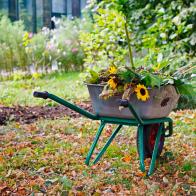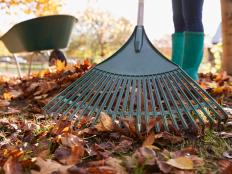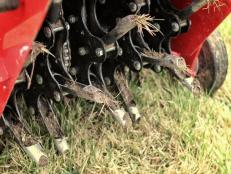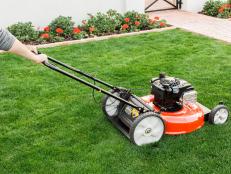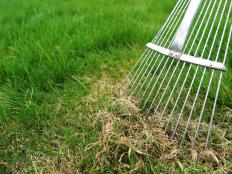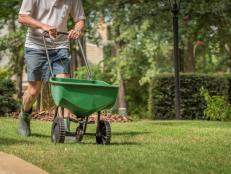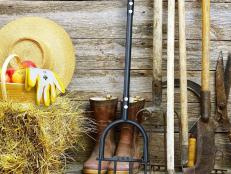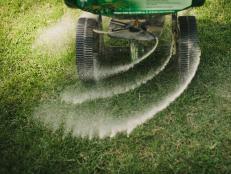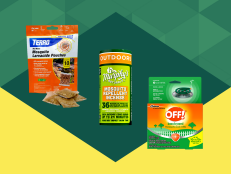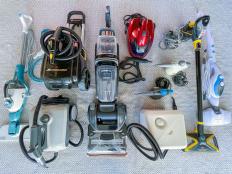Safe Gasoline Storage and Use

If you store gasoline for use in a lawn mower or other yard machines, here's how to keep and use it safely:
- Use only approved metal or plastic gasoline containers.
- Remove fuel containers from vehicles and place them on the ground before refilling.
- Fill containers slowly to reduce the buildup of static electricity.
- Never overfill the container.
- Secure the container for transportation to avoid spills.
- Transport in ventilated areas of the vehicles, never in a trunk or other closed area.
- Do not store containers in a vehicle or a living space.
- Store containers in well-ventilated area.
- Keep containers away from flames, pilot lights, stoves, heaters, electric motors and other sources of ignition. Vapors can be ignited by a spark or flame source many feet away.
- Keep containers closed.
- Don't smoke near gas containers.
- Keep containers out of reach of children.
- If you run out of gas while working, move the device to a shady spot and let it cool for at least 10 minutes -- until it's no longer warm to the touch -- before refueling.
- When filling the device, fill it on a paved surface in case of spills. Gasoline kills vegetation and renders soil lifeless for weeks or months.
- Avoid prolonged breathing of vapors.
- Do not siphon gasoline by mouth.
- If swallowed, do not induce vomiting; call a physician immediately.
Dwight Barnett is a certified master inspector with the American Society of Home Inspectors.




